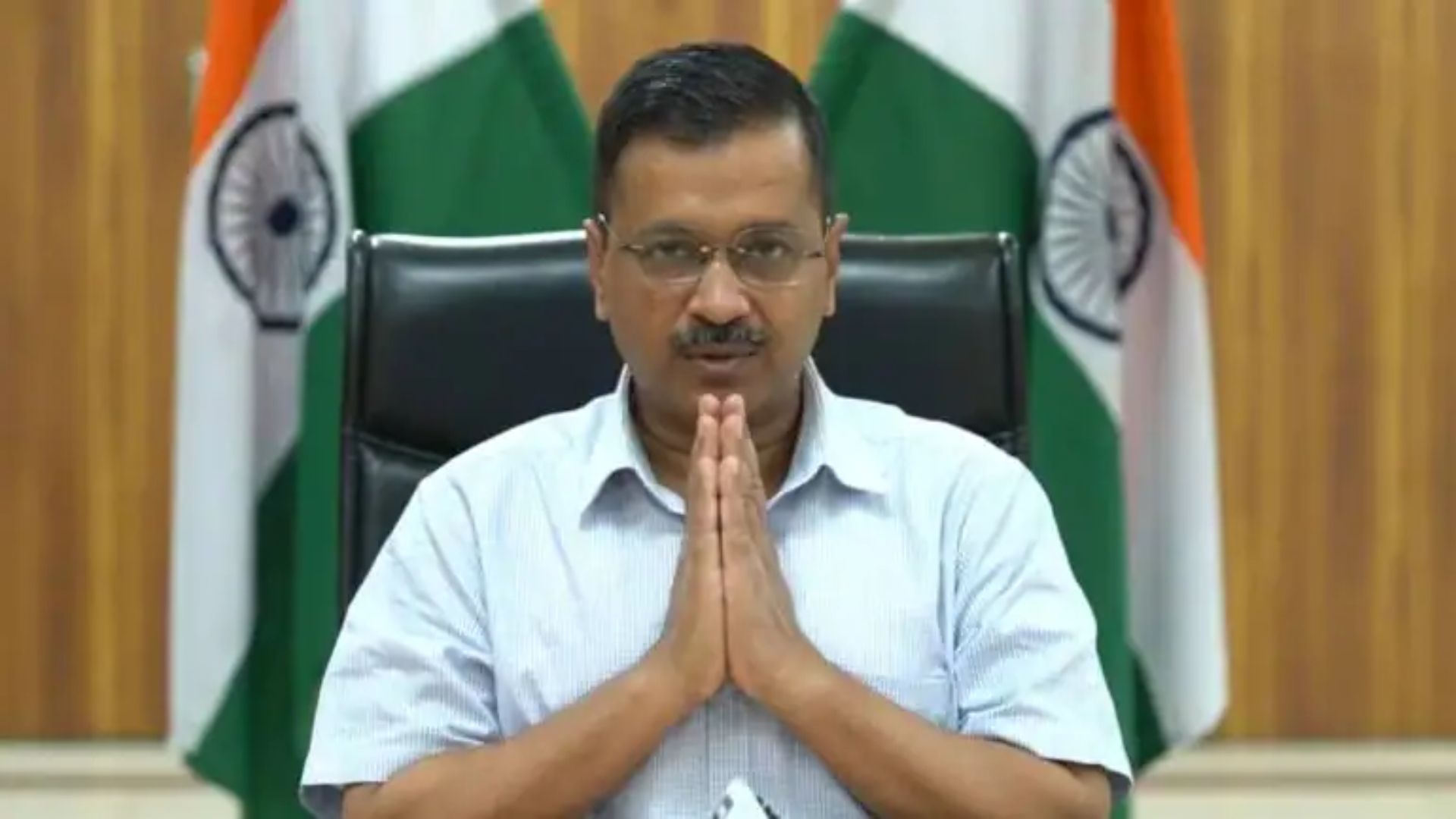


The Delhi High Court on Tuesday rejected Chief Minister Arvind Kejriwal’s petition challenging his arrest by the Enforcement Directorate (ED) in the Excise policy case. The court stated that Kejriwal’s arrest was lawful and cannot be termed as “illegal.”
Justice Swarna Kanta Sharma, presiding over the bench, noted that the ED had sufficient evidence to justify Kejriwal’s arrest. Kejriwal’s failure to cooperate with the investigation and the delays caused by him were also affecting others in judicial custody.
According to the material collected by the ED, Kejriwal was allegedly involved in a conspiracy and actively participated in the use and concealment of proceeds of crime. The ED’s case indicates that he was involved both in his personal capacity and as the convenor of the Aam Aadmi Party (AAP).
The court emphasized that Kejriwal’s arrest and remand should be evaluated according to the law and not based on the timing of elections. The court dismissed Kejriwal’s argument that his arrest before the general elections lacked justification in the absence of any malice on the part of the ED.
Kejriwal had alleged in his plea that the ED had failed to prove at the time of his arrest that he was guilty of the activities specified under Section 3, such as concealment, possession, acquisition, or use of proceeds of crime.
Kejriwal was arrested by the ED on March 21 in connection with the excise policy case. The trial court later remanded him to judicial custody until April 15, 2024. The ED has alleged that the AAP is the primary beneficiary of the proceeds of crime generated in the alleged liquor scam and that Kejriwal was directly involved in formulating the excise policy.
The case revolves around alleged irregularities and money laundering in the framing and implementation of the Delhi Excise Policy 2022, which was subsequently scrapped.
Although Kejriwal’s name was not mentioned in the FIRs registered by the ED or the Central Bureau of Investigation (CBI) in the Delhi excise policy case, it first appeared in the ED’s chargesheet. The agency claimed that Kejriwal had a video call with one of the main accused, Sameer Mahendru, and instructed him to continue working with co-accused and AAP communications-in-charge Vijay Nair.
Nair was one of the first individuals arrested by the CBI in 2022. Following this, former deputy chief minister Manish Sisodia and Rajya Sabha MP Sanjay Singh were also arrested in connection with the case. However, Singh was granted bail by the Supreme Court last week.